No unexpected call comes to a parent at 3am and brings good news.
And few parents escape that call, or its equivalent, at some time: an accident, a diagnosis, a foolhardy escapade. A moment when life as you know it hangs precariously, like a road sign creaking in the breeze, the destination arrow swinging between normality and an unknown, unwanted territory, dark and deep and desert-like.
“Your son is not responding,” the stranger’s voice said.
“But he will be OK?” I kept asking, crying, trying to wrest the arrow under my control. The nurse was gentle but firm. “You need to be prepared. Currently, he is not responding.”
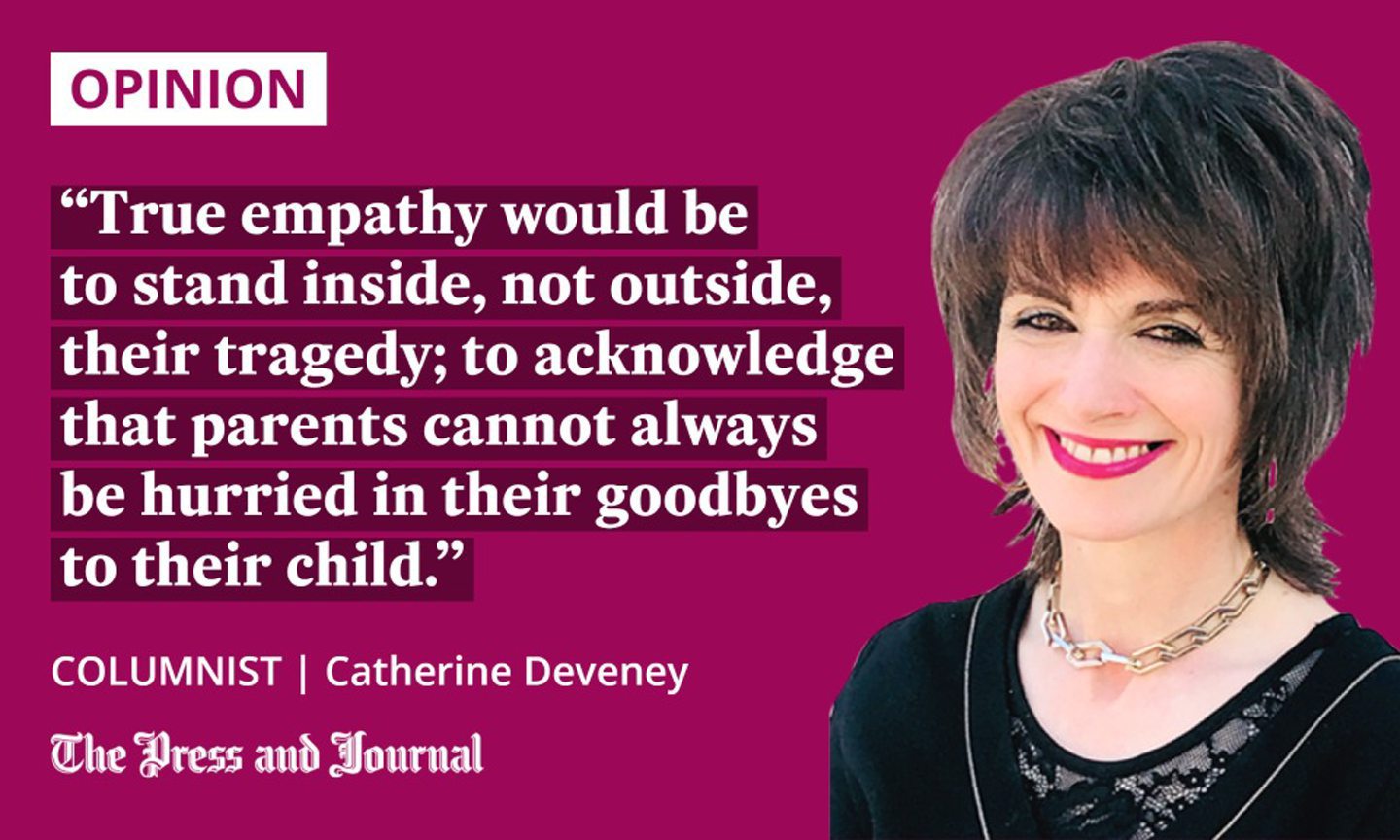
Unthinkable hours until the destination was clear, and the truth of those times is that, when they pass, you simply don’t want to enter that place again. You move, shivering, into the sunlight, relief refusing to allow you to enter into the reality of what that dark place would have been.
But the feelings are there, only lightly buried, and when reading about 12-year-old Archie Battersbee, they came flooding back. Archie is on life support after he was found at home in April with a ligature round his neck, in what his family think was the result of an online challenge. The kind of challenge that, this week, led to news of two American families suing TikTok for the deaths of their children.
Archie’s parents need time too
Archie’s case will continue on a legislative path for some time. Last week, his parents won the right to appeal a judge’s decision in a case, brought by the hospital treating him, that Archie is brain stem dead and should have life support removed.
His parents insist he is showing signs of recovery, squeezing the hands of those most familiar to him. They argued that he needs more time before a decision can be made. The appeal court ruled he should have that time.
But, perhaps it is not just Archie who needs time. If healthcare in this country is to be truly person-centred, as NHS values declare, the interests and needs of his parents should also be recognised.
Medical reports, his doctors argue, show that it is “very likely” Archie’s brain is dead. Very likely? What parent would think that sufficient? What parent, when spotting that chink of light through an open door, would not hammer and push to see if they could open it further?
Often, the trauma of life-changing events lies partly in their unexpected nature. Without warning, situations shift irrevocably with a careless twist, a turn, a phone call.
Healthcare should put people first
Professionals can stand outside the perfect storm and pontificate about forecasts, but sometimes, you just want an umbrella to cope with the downpour.
It is surprising how little compassion some people have had for Archie’s parents’ failure to ‘accept reality’
Doctors have expressed their “sympathy” for the Battersbee family. True empathy would be to stand inside, not outside, their tragedy; to acknowledge that parents cannot always be hurried in their goodbyes to their child and that, sometimes, it takes time to have the courage to let go.
The UK likes to think its healthcare service is world-leading and world-beating. In the 2022 Health Care Index by country, however, it ranked only 16th.
Research from Oxford University has found a link between the corporate takeover of NHS services and a rise in avoidable deaths.
It's not just the billions handed over to dodgy companies for substandard services.
We count the true cost of NHS privatisation in lost lives.
— Bell Ribeiro-Addy MP (@BellRibeiroAddy) June 30, 2022
A new study, carried out by Oxford University and published in The Lancet, suggests that the move to privatisation, the billions of pounds given to private companies to treat NHS patients, has caused poorer health outcomes and led to avoidable deaths. It is not hard to understand why.
A healthcare model in which the primary drive is profit will not lead to the same efficiency that such a drive might result in within a retail context. Health does not have the same performance indicators, or values, as an outlet selling jeans.
More humility, less judgement
Parenthood is not for the fainthearted. Heart-stopping moments are almost inevitable. So, it is surprising how little compassion some people have had for Archie’s parents’ failure to “accept reality”.
Social media comments talk disparagingly about parents who can’t accept the inevitable, about the waste of resources in Archie’s “pointless” care. But maybe we are looking in the wrong places for savings. We want efficiency, not arrogance.
Efficiency certainly hasn’t come with the injection of suited and booted management, the culture of health “enterprise” that started with Thatcher and has corroded our health service values ever since.
I will never forget my hours in the parental desert. Nor should I. It encourages more humility, less judgement.
Yes, there is enormous waste in our NHS, with its lumbering structures and confused pathways, its needless admin and inefficient appointment systems. But, let’s fix those before shouting about Archie Battersbee. His case highlights something not quite right in NHS culture.
Allowing time to ensure that there really is no hope for a tragic child, and allowing time for his parents to reach a place of acceptance, is not inefficiency. It demonstrates person-centred values that should be part of any decent healthcare system.
Catherine Deveney is an award-winning investigative journalist, novelist and television presenter
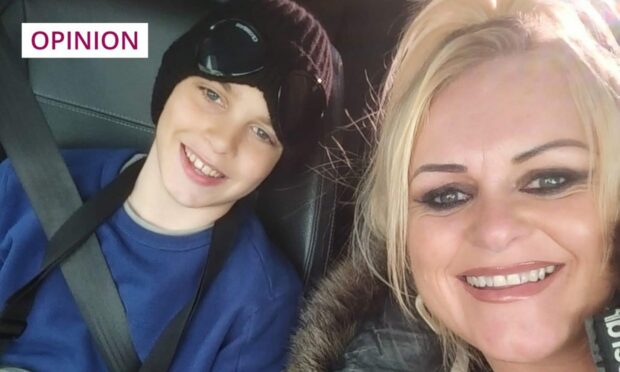
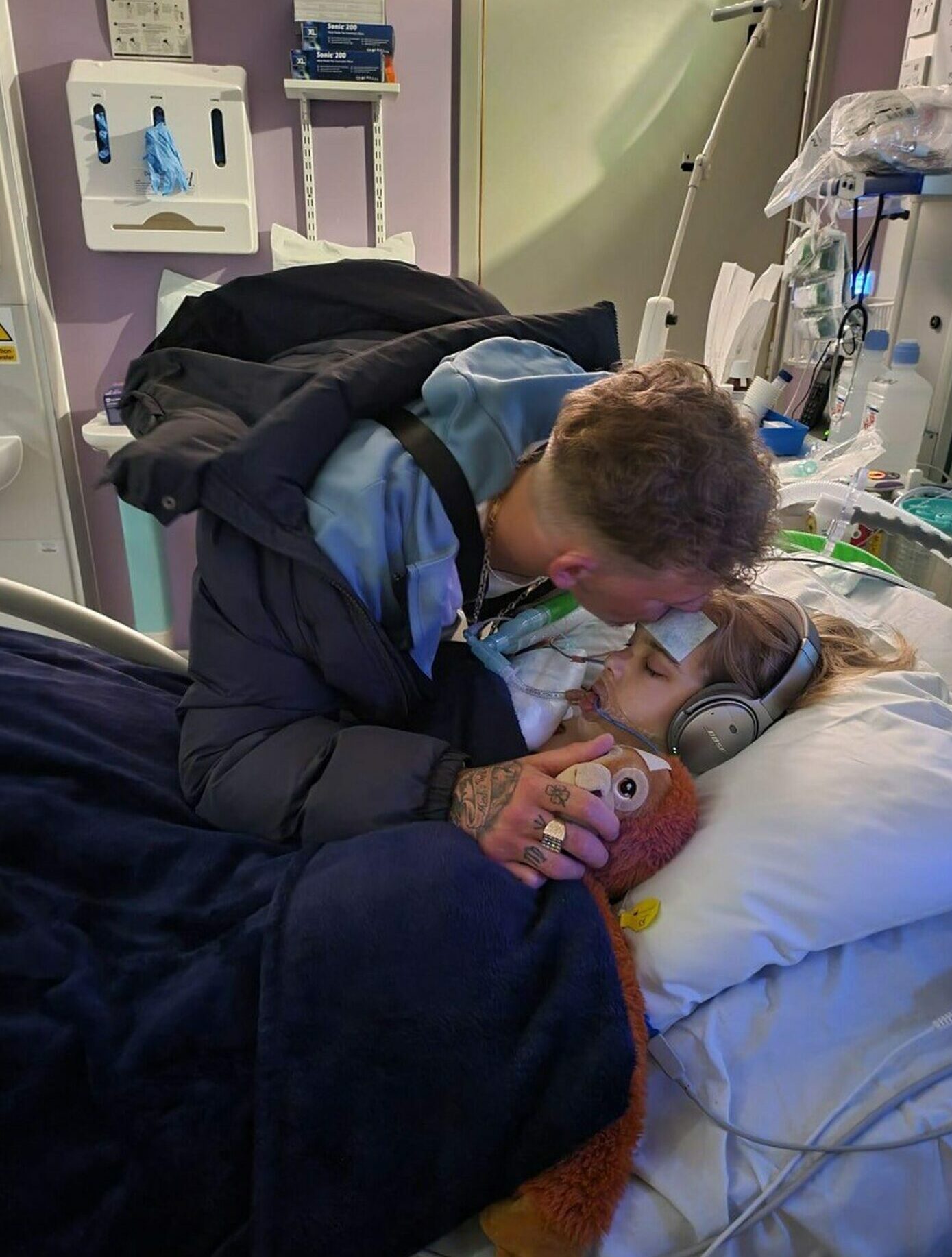
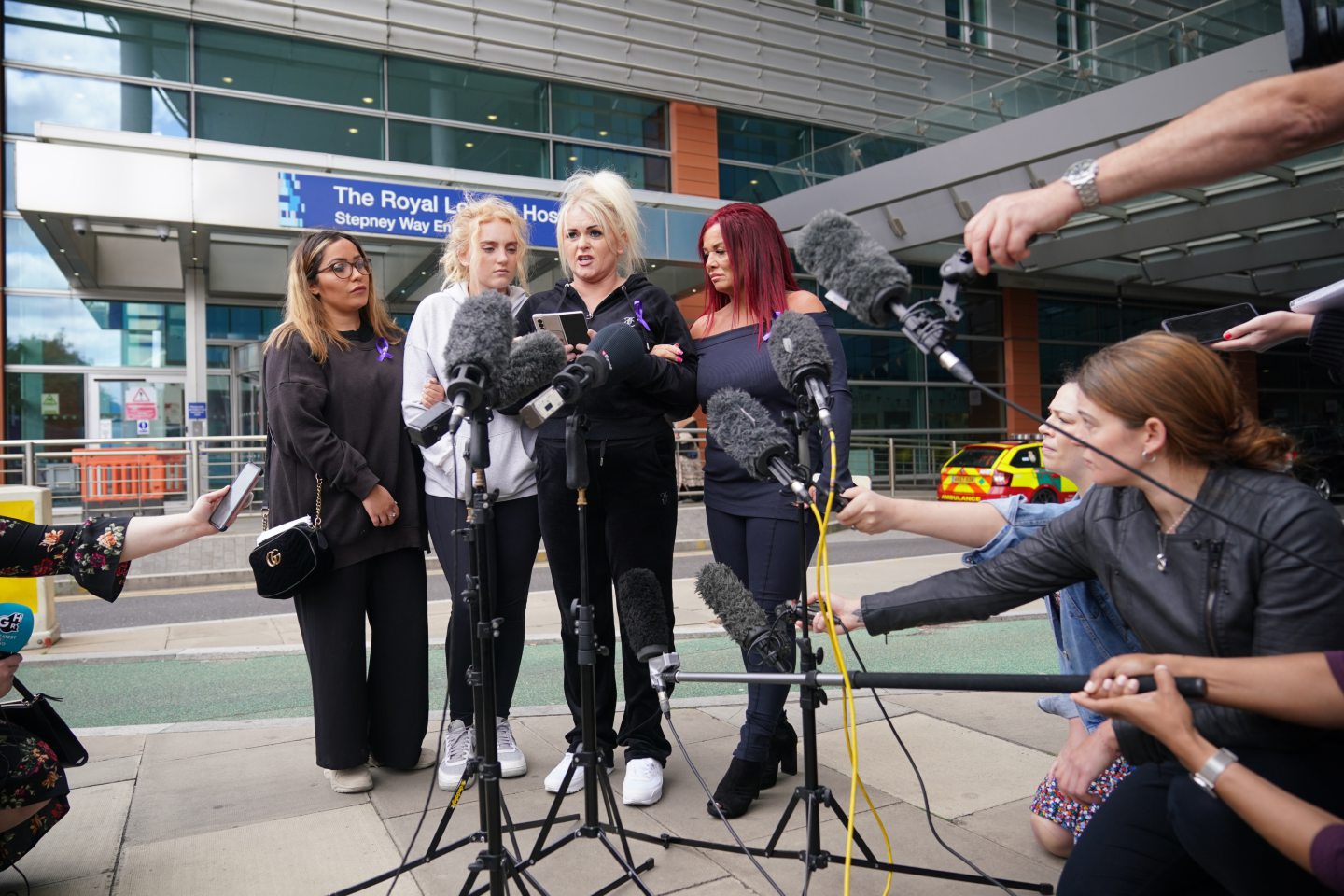
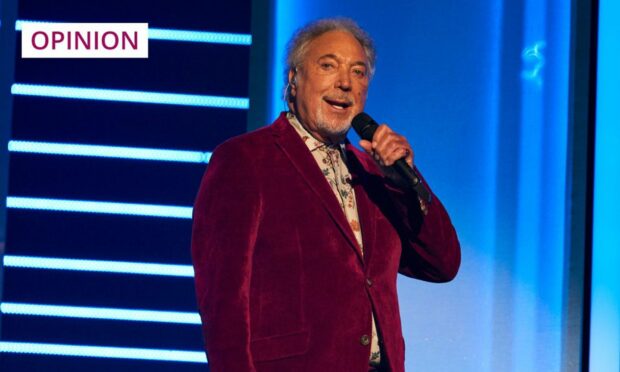
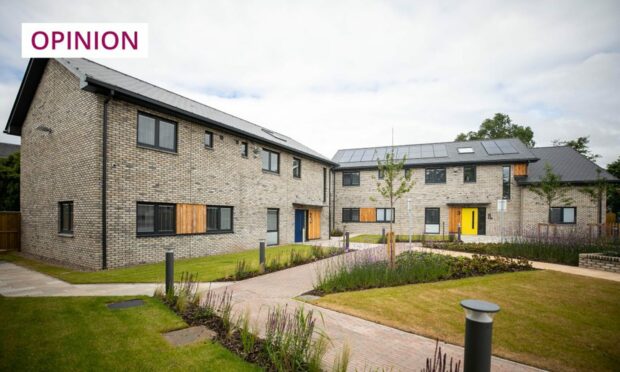
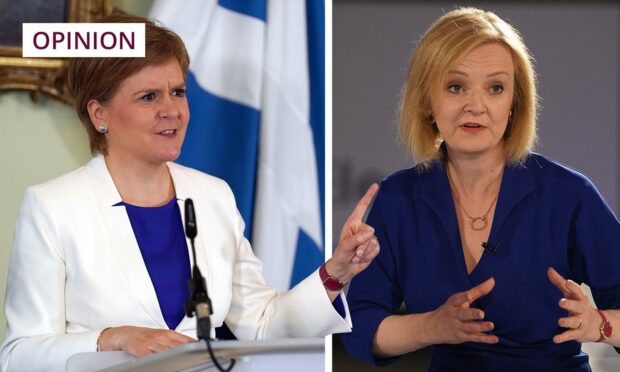
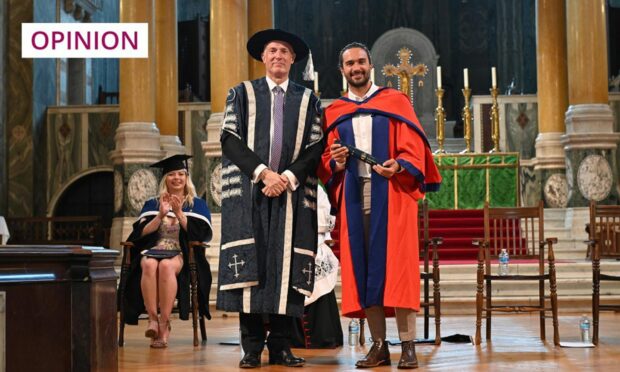
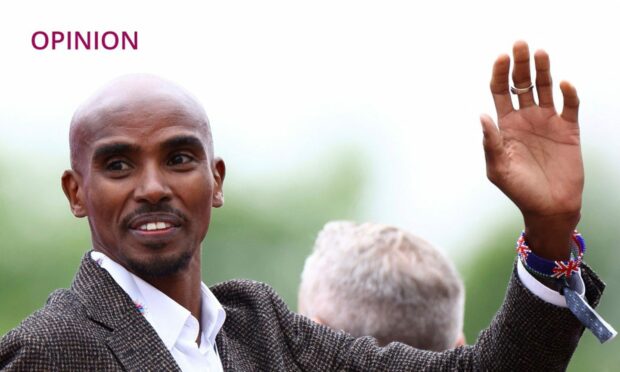
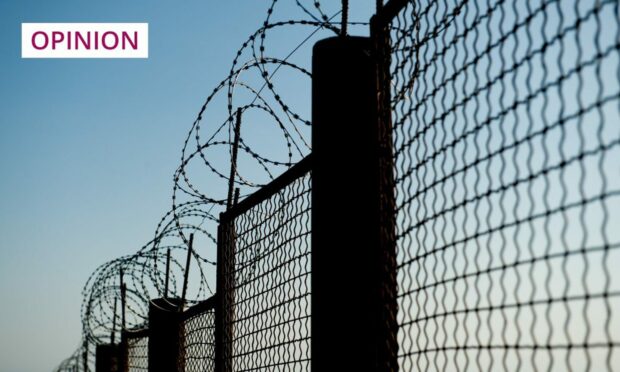
Conversation